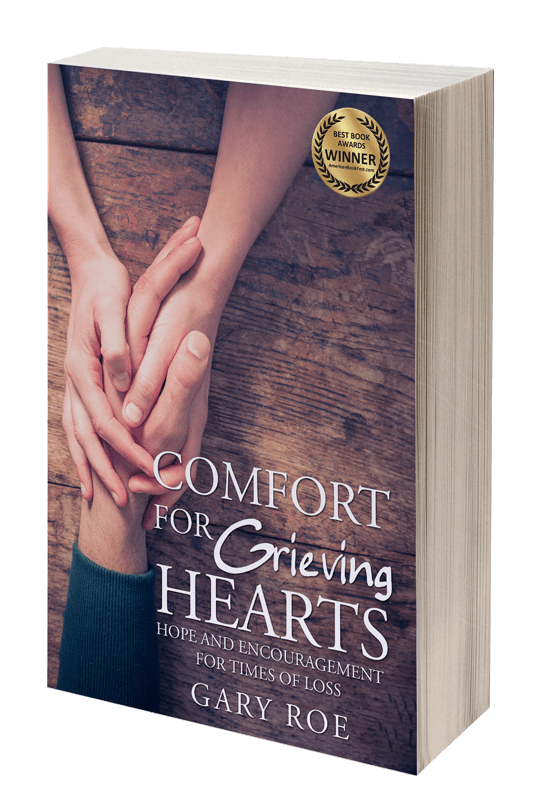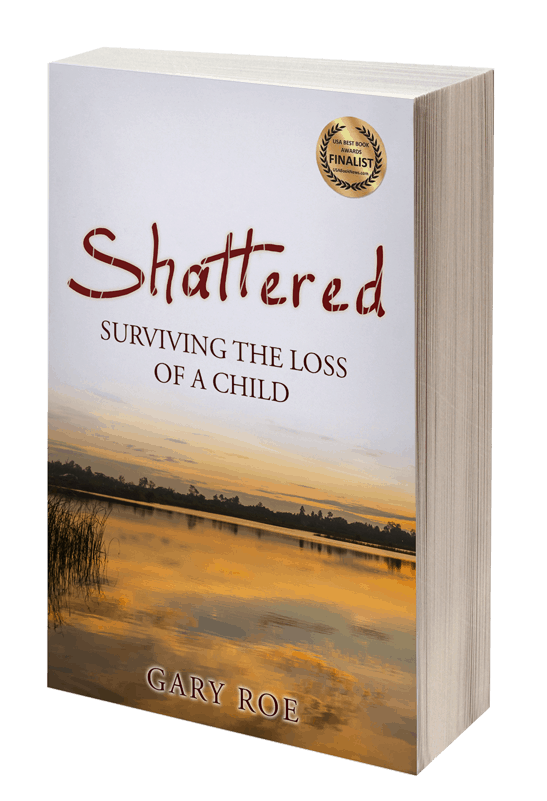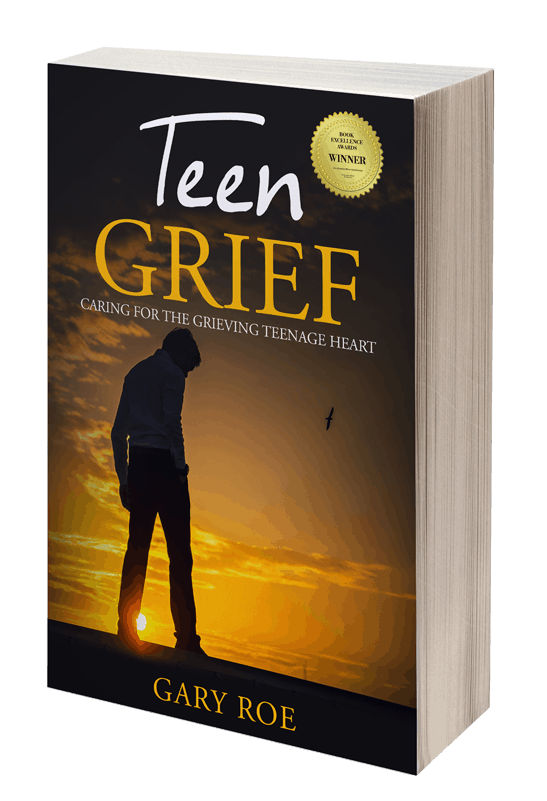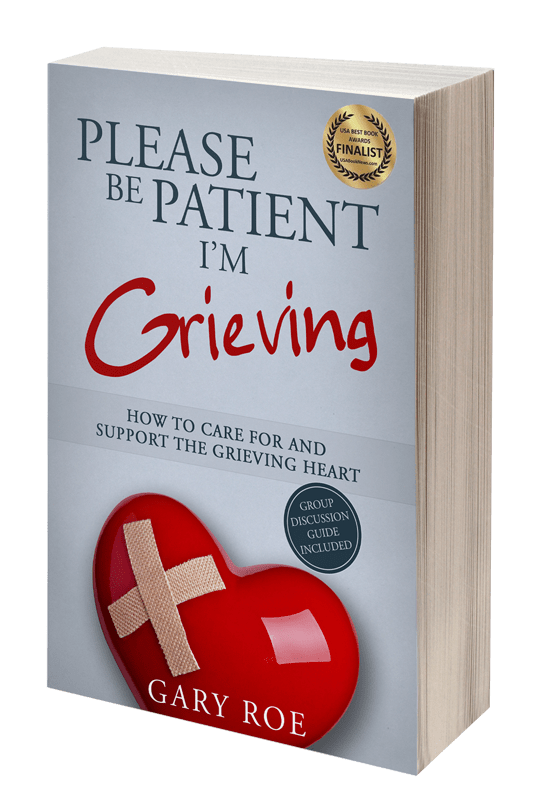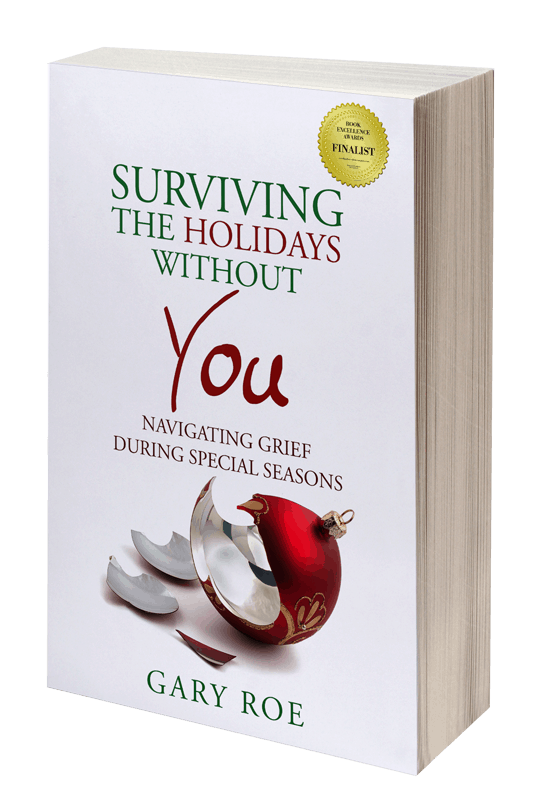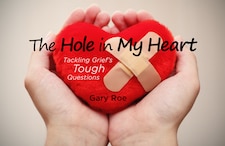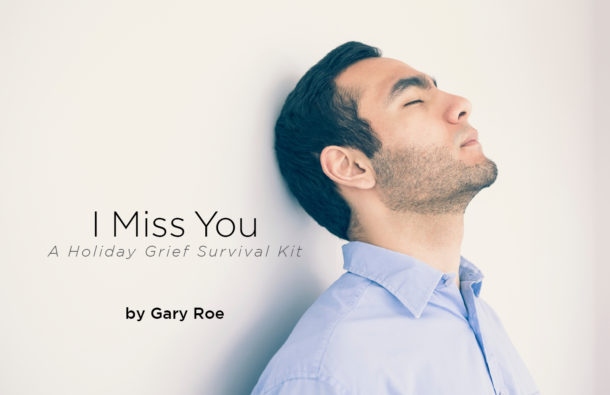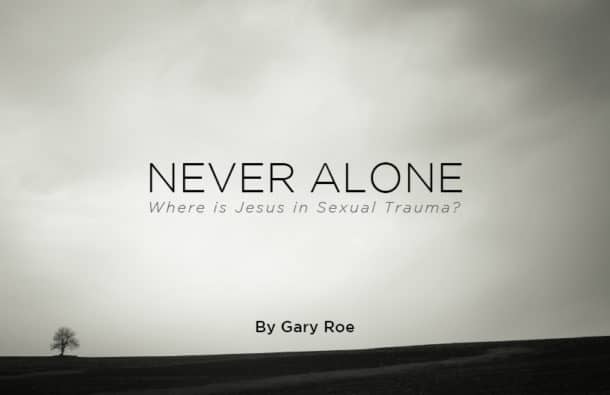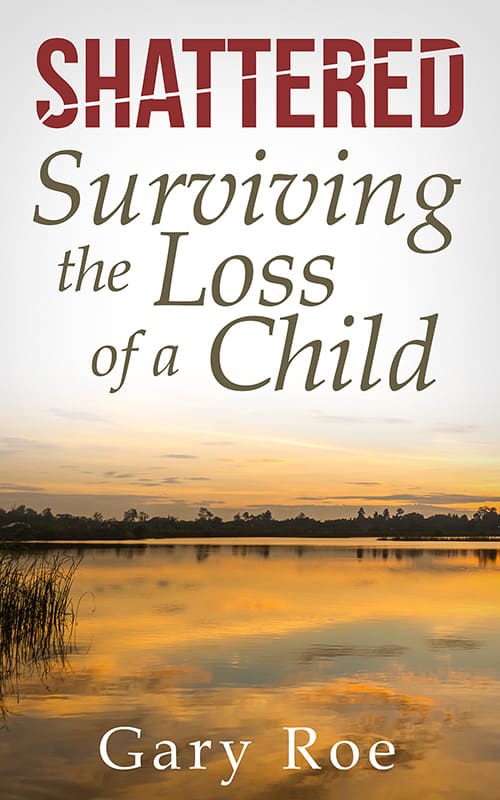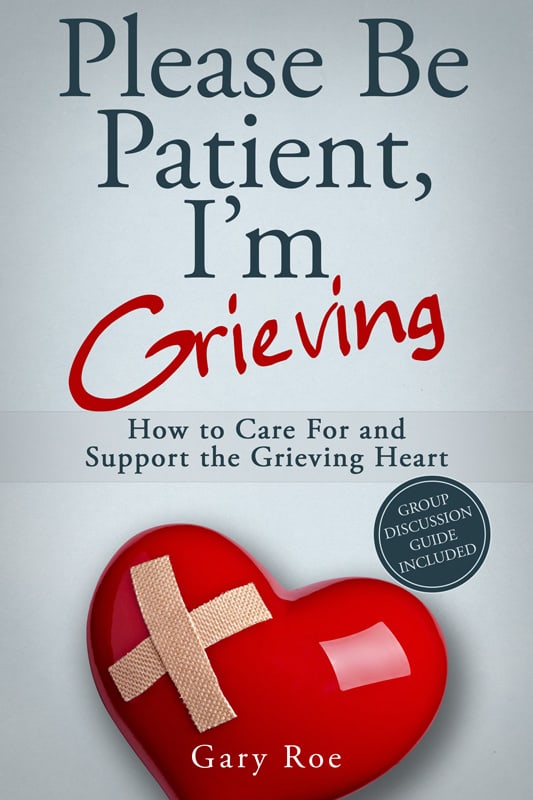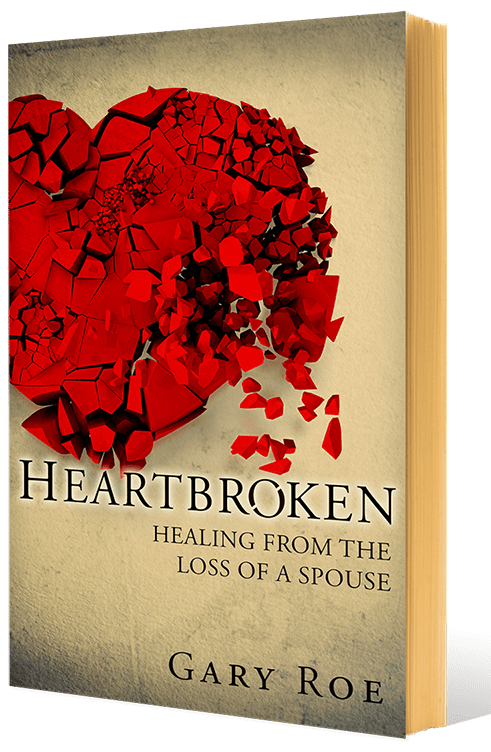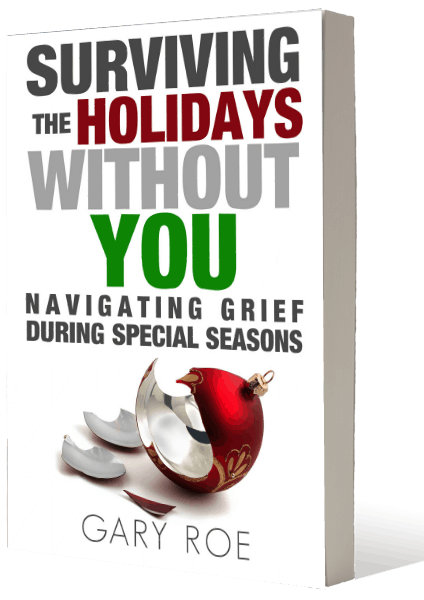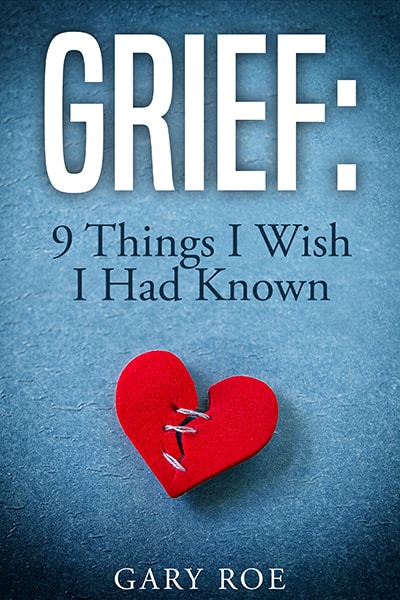The following is an excerpt from Teen Grief: Caring for the Grieving Teenage Heart. Grief loneliness hits all of us. I’ll bet you can relate. The suggestions at the end apply to all of us who want to help others who are grieving. Here are 5 ways to make a difference, even while our own hearts are hurting.
One of our greatest fears is of being utterly alone, rejected, and left behind. Few are prepared for the loneliness that often comes with a loss.
From the Grieving Teen’s Heart
KATIE
Nobody gets it. Life is different now.
People say such dumb things, even my friends.
“It’s okay.”
Really?
“Smile, girl. Life goes on.”
Yeah, and it hurts.
“I’m here for you.”
Really? Then where are you?
People are disappearing. They don’t get it. Maybe they can’t. Maybe I’m the problem.
I feel alone.
I am alone.
JOSH
I’ve never thought of myself as a loner, but I feel like one now. People are different.
This sucks.
They see me, then act like they didn’t. They turn and walk the other way.
I get it. They don’t know what to say or do. Why do they feel like they have to say or do anything?
I feel pressure to hold it together and keep performing. Put on a good face. Stay tough. Don’t show weakness. Be a man. Handle it.
Where is this pressure coming from? From others? From me? Does it matter? Does anything matter?
Man, I feel so alone.
My life is gone. Hanging out, driving, studying, working – everything is different. Everything.
Nobody gets it. Fine. I can walk this road alone. No problem.
Grief is a lonely road
Grief is lonely. No one can fully understand what you’re experiencing. It’s your mind, your heart, and your life. It was your relationship and your loss. Your grief, like you, is unique.
The same is true for teens. Loss tends to isolate them emotionally. Their immediate reflex is to hunker down, withdraw, or even hide to protect themselves. Some people come close, while others distance themselves. All this can add up to a deep sense of loneliness.
You can make a difference
How can you help? Here are 5 ways to make a difference, even if you yourself are hurting.
First, acknowledge the fact that grief is lonely.
Wounded, hurting hearts often feel more isolated and alone. This is natural and common.
Second, be aware that many teens struggle with loneliness, and loss can deepen their sense of isolation.
Teens are hyper-aware of potential rejection. Their life is about belonging. Loneliness can be truly terrifying.
Third, accept that it is beyond your power to make the teen feel better.
It’s not your job to convince them that they’re not alone. They must walk through their grief and pain and come to this conclusion themselves. The goal isn’t to help them feel better, but to love them where they are, as they are.
Fourth, remember that the most powerful thing you can do is to show up.
Find ways to enter their world and spend time with them there. Be available, as you can. Listen well. Try not to push. Earn their trust.
Fifth, be aware that on some level you are lonely too.
There are some fantastic relationships, but no perfect ones. We’re all human. Even those in terrific relationships feel lonely at times.
Feeling alone at times is natural and common. Seek healthy connections. Get around people who inspire and encourage you, helping you to heal and grow. Limit your exposure to those who are overly critical, abusive, or toxic.
The healthier you are, the more you can give away to the teens around you. Give them the best version of you possible.
Grief is a well-populated but lonely road. Though our losses are unique, we can still walk together.
Adapted from Teen Grief: Caring for the Grieving Teenage Heart.
Question: Do you feel alone in your grief? What has helped you with this so far?



